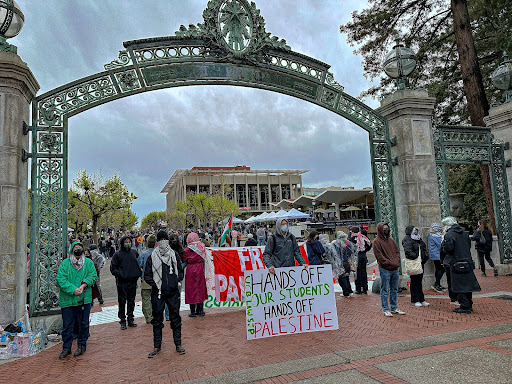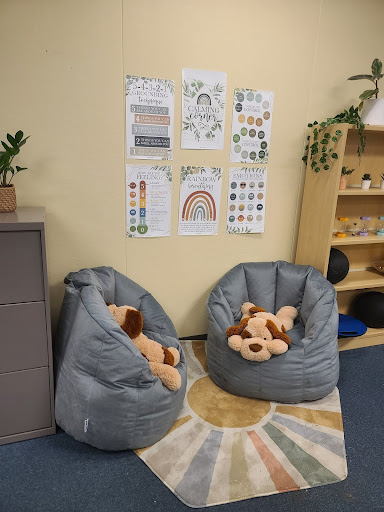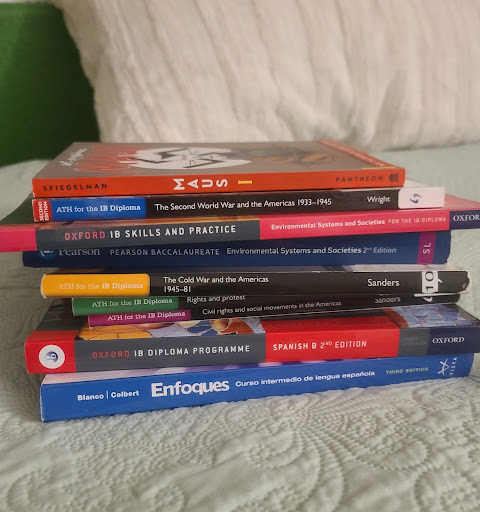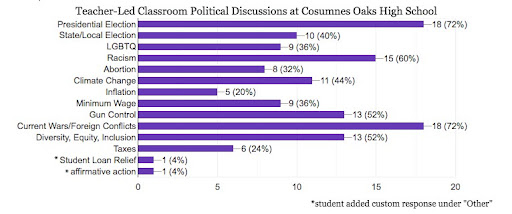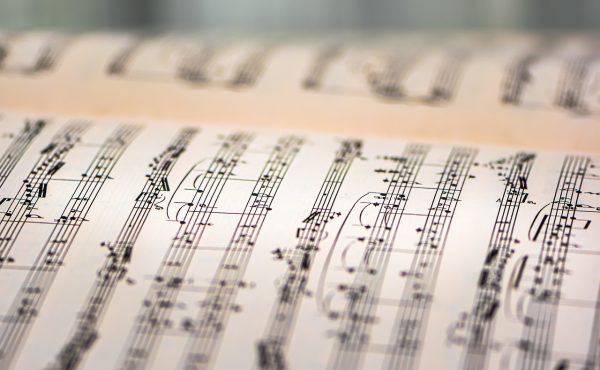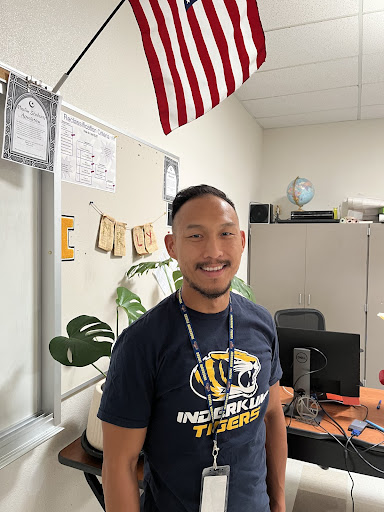‘Rise 1’ course helps students appreciate themselves and others in diverse learning environment
‘Sometimes in life, we often seek to be understood as opposed to seeking to understand, and I think if we do a little bit more of trying to understand others, we won’t have so much division and hate.’ –Dr. Jason Sumi
March 11, 2023
As students adjust to their schedules and work in the new term at the Rocklin Sierra College campus there is a course that pops up on the class schedule – especially for freshmen–Rise 1. On the surface, it’s a first-year seminar course teaching students basic life skills like financial literacy and critical thinking, but it expands beyond those topics.
“It has a focus on empowering Asian American students,” said Jason Sumi, the teacher of the course. “It’s just because we applied for and received a grant to do the work, and so the (purpose of the) grant informs the flavor of our class.”
Sumi said that in the past there were similar courses with an emphasis on African Americans, Native Americans and other groups, but their emphasis relied on the professor’s preference rather than outside contributors (unlike the Rise 1 course).
Sumi is a Sierra College counselor and professor who has worked at the Placer County community college for almost six years. Before that he spent 10 years as a counselor at California State University, Sacramento.
Rise 1 isn’t a course that many students may need to take for general education requirements, so why should people enroll?
“I originally didn’t know much about this class. However, both of my sisters had taken Rise 1 and suggested that I should take it as well,” said Lichelle Villanueva, a Sierra College freshman. “Not to mention, one of my sisters had Dr. J (Sumi) and said that he was a great teacher.”
Villanueva said her sisters “also mentioned how Rise taught them more about themselves, learning more about the multiple different cultures around us, and just meeting new people in general. I was interested the moment I heard how inclusive it was.”
In the course Sumi invites students to share their personal experiences related to cultural identity and other relevant topics.
“On the first day of class, Dr. J had all of us share . . . our favorite food from our cultures,” Sierra College student Alexa Topacio said. “Seeing what people said and seeing the connection and meaning that food has to them was so uniting, as it was giving us a glimpse of not just the person’s culture, but their identity as a person . . .”
Topacio said this exercise led to her making two meaningful friendships, bonding over a shared love for Filipino food after class.
Lessons embedded in Rise 1 involve different themes and can be described, according to Sumi, as a “big buffet.” However, students said some lessons and topics are more distinct than others.
“The difference between equity and equality is one of the lessons that has stood out to me the most,” Topacio said. “Before this class, I thought the two words meant the same thing, even though they are vastly different.”
Students’ upbringings are also a topic of discussion.
“We oftentimes get students who are students of color and who’ve grown up in an area where they were not in the majority,” Sumi said.
It is essential, he said, for students to learn about how growing up in particular environments can affect kids’ everyday lives.
“I have oftentimes had students share about, ‘I stopped bringing my cultural food to school because people were not fond of the scent,’ and it was an embarrassing moment … it just breaks your heart because it’s like, ‘No, this is cultural food,’” Sumi said.
The course enrollment isn’t limited to Asian Americans and students from a variety of backgrounds enroll.
“Half of them have disclosed that they’re Asian American,” Sumi said. “The other half are coming from different cultures. So I have someone who identifies as African American and Black. I have a couple students who identify as of Latin American descent . . . I also have students who identify as European, American white, and I was like, ‘This is great.’”
Villanueva said participating in the course allowed her to be a part of a diverse environment.
“After all my years . . . in multiple different classes, this class is literally the second class I’ve been in where the population is so diverse,” Villanueva said. “Last time I had a diverse class like Rise was in my pre-Calc class sophomore year. Let me tell you, it was the best class ever. It just felt so welcoming and comforting to see different cultures. It’s nice to be surrounded by people that, in a way, can understand where I come from.”
One of the main subject matters discussed in the course is “cultural humility” and how it is important for students to learn about it.
“Once you’ve achieved a level of competence, you’re good to go and you never have to come back to it,” Sumi said. “Whereas cultural humility is an ongoing learning cycle, and I think that is something that a lot of us here have adopted the mindset that we’re never going to be able to know every single thing about every single culture, and that’s OK,”
According to Sumi, as long as people want to learn about diversity, they are practicing cultural humility.
“Learning from others who have a different identity can be very powerful. Sumi said. “It’s a humbling experience.”
Sumi also said he has some clear goals for what he wants his students to take from the course.
“My hidden agenda is I want people to be able to think and at least see themselves, and celebrate themselves, to get some more self-confidence that (they) can do college,” Sumi said. “And to help them feel more comfortable with being who they are.”
Sumi expressed hope that learning more about others and their diverse backgrounds might bring a sense of greater understanding for students and their communities.
“It’s easy for the world to come in and tear us apart, segregate us and divide us,” Sumi said. “Sometimes in life, we often seek to be understood as opposed to seeking to understand, and I think if we do a little bit more of trying to understand others, we won’t have so much division and hate.”
Topacio said the course is underappreciated, as are the feelings the content evokes for students.
“It truly does not get the recognition it deserves,” Topacio said. “It is such a fun class, almost therapeutic, and is filled with lots of great people and led by a great professor and TA.”
Topacio said she especially appreciates having classmates with backgrounds similar to her own.
“I have also learned that I am never alone,” Topacio said. “A lot of people in the class are just like me – immigrants who are trying to satisfy the need to make their parents proud. I feel so safe and surrounded whenever I walk into Rise.”



